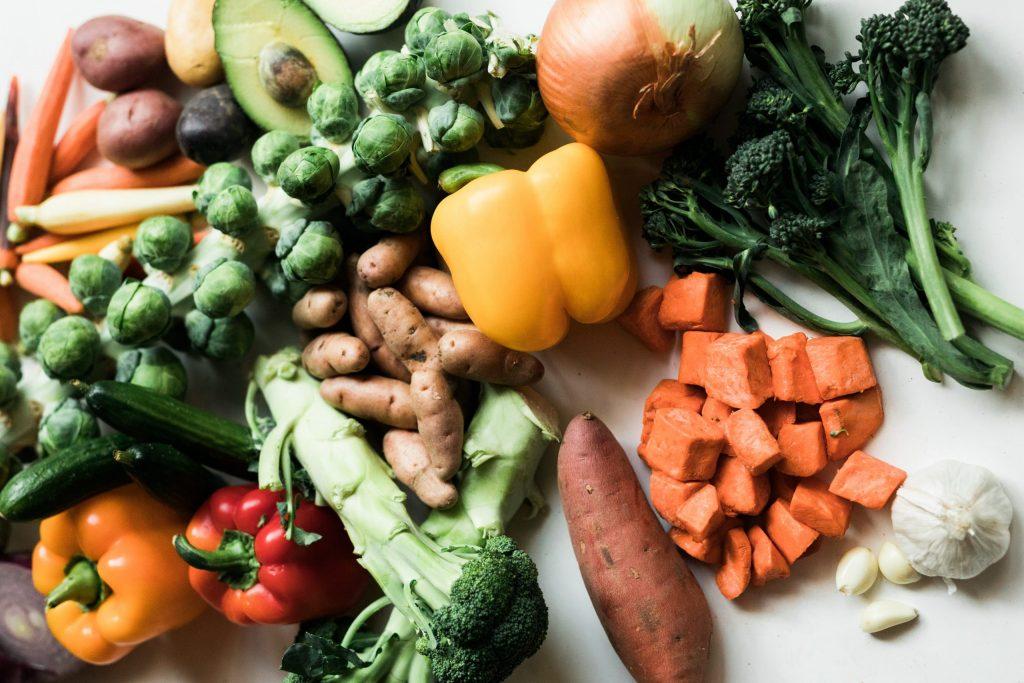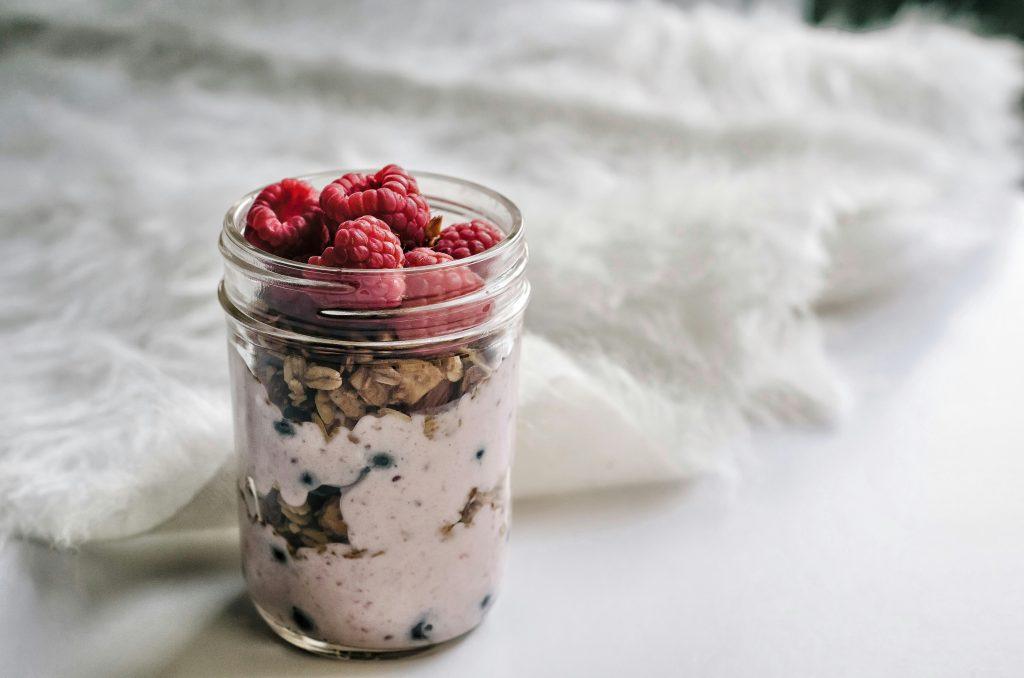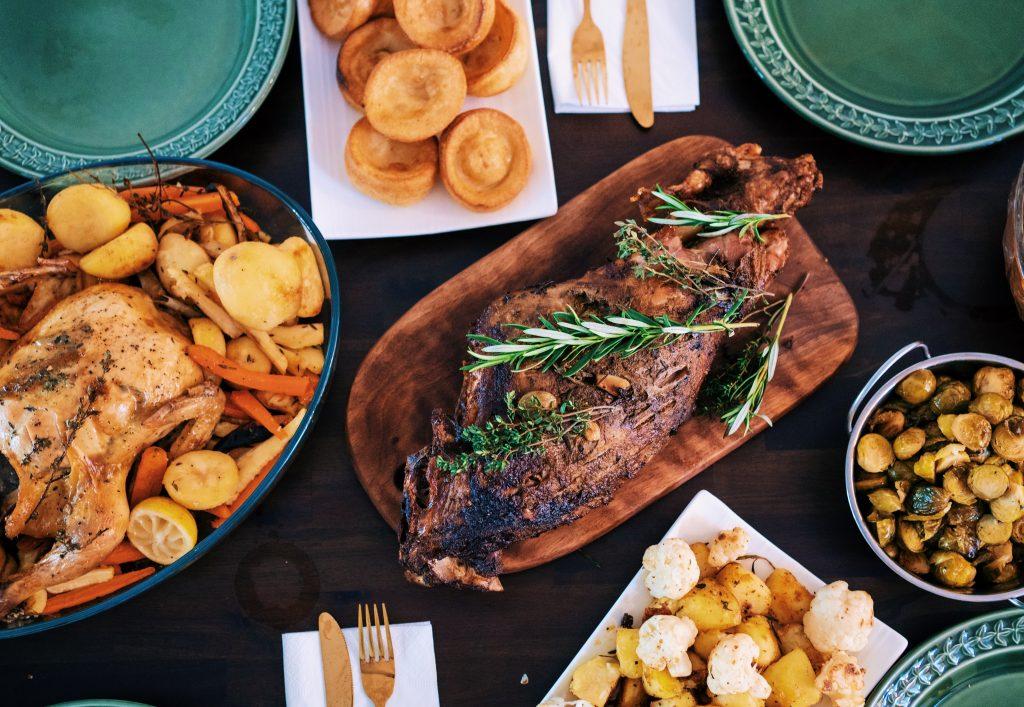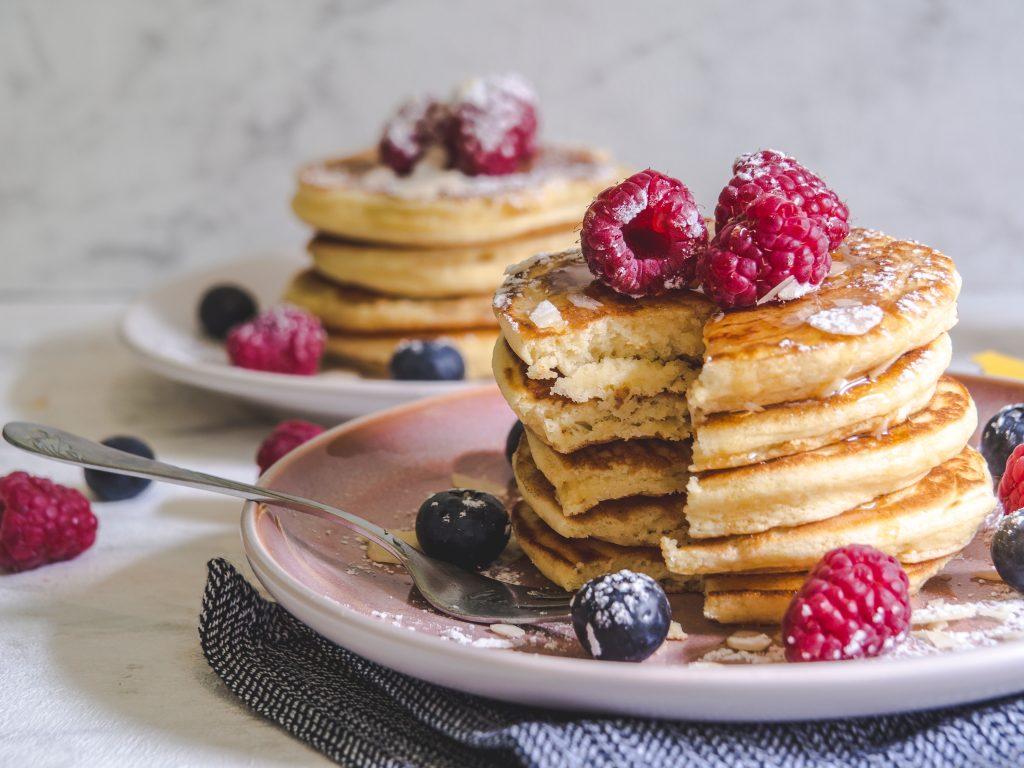If your grocery bill seems a lot higher than usual, that’s because it likely is. And did you know that most of us waste one-third of our groceries? Put these two together, and our grocery shopping is turning into a money pit. Probably the most common idea when it comes to buying food that will last longer is that you should stock up on canned or highly processed boxed goods because they have a longer shelf life. However, eating whole and unprocessed foods is important, so a little planning ahead can help you buy more perishable foods that last longer. Here are some ways to make your groceries stretch further.

Make meals that freeze well.
A great way to make your groceries last longer and not spoil too soon is to plan a couple of meals per shopping trip that freeze well. That way, if you wind up with too much fresh food (or an unplanned meal out somewhere), you can make a meal and toss it in the freezer to have it next week or even next month. Things like soups, casseroles and chilis can easily be frozen. Plus, those meals can come in handy when unexpected busyness happens and you simply don’t have time to cook!
Don’t throw something away because of the “sell by/use by” date.
These dates can be confusing to the consumers and cause up to 20% of food wasted. Here are a couple of things to consider. The “sell by” date is listed for retailers to help manage inventory, but does not relate to safety. The “use by” or “best buy” is also a date that reflects the manufacturer’s best estimate at which the quality may begin to diminish beyond that date (with some exceptions, like infact formula.) If you grab something from your refrigerator or panty and you’ve hit one of these dates, you don’t necessarily need to view it as a throw out date. Instead, give the food a good look over. If there are any signs of spoilage, you should toss them; otherwise, they could be perfectly fine to eat.
Get more shelf life out of the things like eggs, bread, and fresh produce.
- Eggs: usually last three to five weeks after purchase.
- Bread: Never refrigerate. Refrigeration actually speeds up staling (even though it will stop mold from producing.) However, freezing bread is a good idea. You can freeze it whole or sliced. Wrap it tightly in foil or plastic wrap and put it in a sealed container. Will keep for up to three months.
- Greens: Eat the ones you can’t freeze first like lettuce. Others can be blanched and frozen. This works particularly well for spinach, collards, kale, and also vegetables such as broccoli, cauliflower, and corn kernels. For those that you can keep in the refrigerator, try the paper towel trick. Simply fold some paper towel and pop it into the salad bag. It will soak up excess moisture and stop the salad from going soggy. Just replace it every few days.
- Berries: They can be easily frozen to throw in smoothies or throw on top of yogurt. They do stay fresh for a pretty good amount of time in the refrigerator; the key is to wash them as you go. Don’t prewash them; the moisture leads to quicker spoilage for delicate berries like raspberries.





